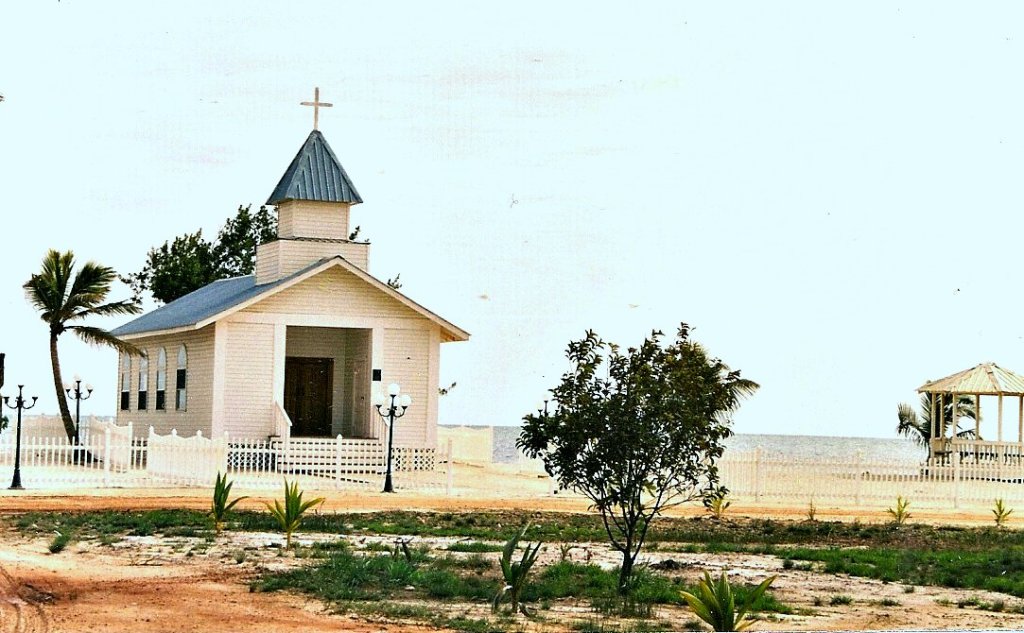Marriage, Gender Roles, and LGBT Culture in Belize
Gender roles in Belize are fairly stereotypical and traditional. Several NGOs and international bodies are working to improve women’s rights in Belizean society. Currently, Belize has no strong political, economic, social, or religious representation by women, although that is slowly improving. Belize is on a par with Saudi Arabia, Qatar, and Brunei in last position on the Gender Gap Index for political empowerment for women according to the Global Gender Gap Report 2010. However, in daily life outward appearances are different, with quite a few women running their own businesses and often raising families on their own. This is more common among the Garifuna and Creole communities than the Maya and Mestizos. The other exception to the rule is that in rural communities women and men are often equal as healers and shamans.

Marriage and Family
Although many women in Belize are religious, and value is placed on marriage, Belizean women often have children at quite a young age and not necessarily within a marriage. Some do go on to marry or remain in commonlaw unions and have more children. Others never do marry and, as a result, extended families, siblings, and friends frequently pitch in and help raise the children. Requirements for divorce are quite strict, yet single-parent families are fairly common and socially accepted.
Particularly in poorer families, women are often economically dependent on men. Women will often stay home to look after and raise the children and maintain the household while men earn money for the family. While a chauvinistic culture exists, men take part in raising children and display tenderness toward kids not often seen in North America and Europe. Outwardly, women don’t seem to be downtrodden.
There are some Belizeans, mostly over the age of 30, who feel that respect and manners have become worse among the younger generation and that there has been a loss of values and decline in morals. The feeling is that this is partially due to children being spoiled, a lack of adequate discipline, and people having children too young—barely having grown up themselves.
Newsletter Signup
By clicking ‘Sign Up,’ I acknowledge that I have read and agree to Hachette Book Group’s Privacy Policy and Terms of Use
Male-Female Social Interactions
Single women on their own may get approached or hit on. Be firm and polite and move on; this is usually effective and does not cause insult to the pursuer. Cat-calling is common and is targeted at both Belizean women and expats.
Use your best judgment and move on without giving attention to the caller. Though rapidly becoming a rarity in the West, chivalry is still part of the culture in Belize. Small gestures, like men offering to carry things and hold doors open for women, are common.
While there are many Belizean male guides who are used to taking female tourists caving, canoeing, or riding, for some reason Belizean men on the whole are often surprised that a gringa would contemplate doing such activities, do them well, and perhaps even do them on her own. It may be less common for local women to take an interest in exploring the outdoors.
Gay and Lesbian Culture
With a combination of strict laws against same-sex relationships, the power of the church, and a machismo society, there isn’t much of a gay scene in Belize. While there are those who at minimum disagree with homosexuality, Belize overall is a fairly tolerant place. It is highly unlikely that Belizeans will display overtly negative behaviors or attitudes about homosexuality. Belizeans do not openly discuss or display homosexuality. But public displays of affection are rare even among heterosexual couples here.
There are same-sex expat couples who moved here to start a new life, but they are mostly very discreet. One couple told me they were fairly sure their laborers, neighbors, and Belizean acquaintances were aware of their sexual orientation but no one had ever referred to it and they had never been treated poorly.
Excerpted from the Second Edition of Moon Living Abroad in Belize.
Newsletter Signup
By clicking ‘Sign Up,’ I acknowledge that I have read and agree to Hachette Book Group’s Privacy Policy and Terms of Use
Pin it for Later


